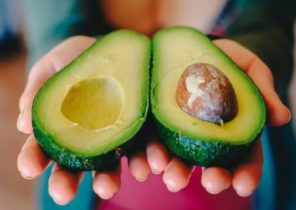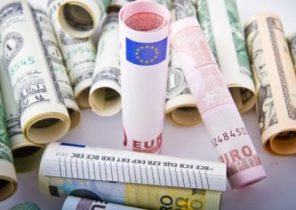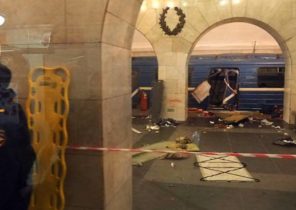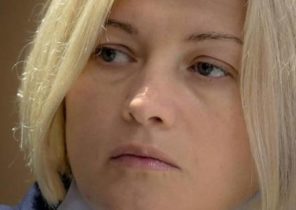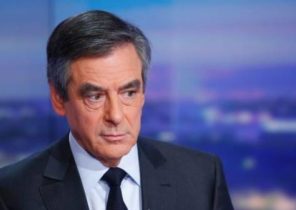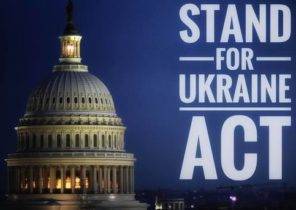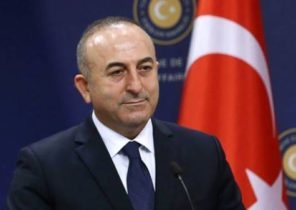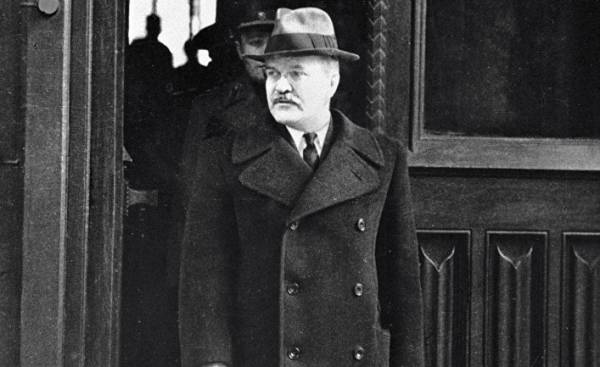
In the volatile international arena, the Russian diplomacy has long been the object of attention, especially lately. For example, in the UN responsible person of the Russian diplomatic corps often behaves aggressively towards the head of the British mission.
Such manner of conducting diplomatic relations attract the attention of the world. Recall the Russian Ambassador from the United States is particularly striking as one of the most vivid examples of the expulsion of a Russian diplomat from the country. Still there is a series of strange coincidences: the death of several Russian ambassadors in six months, forces you to think and gives rise to much speculation, rumors around the world. Why is this happening?
Many people believe that the Russian style of diplomacy is tough enough, but is it really? As was raised by the Russian diplomats?
Video as April 12, Deputy permanent representative of Russia to the UN Vladimir Safronkov, during a meeting of the UN security Council, shouted at the British representative, has spread widely on the Internet. Many Western media have called this behavior on the part of Russia is commonplace, and if the speech Safrankova in Russian, the original sound will create a more aggressive atmosphere.
Debate about this is not enough, even among Patriotic Russian population. According to the “huanqiu Shibao” popular Russian media gave a very one-sided assessment of the actions Safrankova. Press Secretary of the President Dmitry Peskov has expressed his opinion on the matter: “His words are well founded and not offend anyone”. On the other hand, some still disagree with this point of view. On Russian television experts repeatedly raised this issue, many support Safrankova not find nothing in his behaviour is not normal, but recognize that some actions and statements of the Deputy permanent representative of Russia to the UN sometimes cross the border of diplomatic etiquette. The Chairman of the Federation Council Matvienko criticized: “the Minister of foreign Affairs has an opinion about this, and it is similar to mine.”
Safronov had previously been almost unknown, as his posts are very rarely quoted by the media. The Russian electronic edition of “Life” reported that after the sudden death of the permanent representative of the Russian Federation in the UN security Council Vitaly Churkin, Safronkov inherited his mannerisms and interests of Russia in the UN advocated even stronger. Some believe: “If Churkin was the “soul” of the UN, that Safronov became the “hammer””.
Judging by the behavior of Russian diplomats in the UN, it seems that Russia is a country with strict policies and rigid views. Many Western diplomats Churkin described as a man with rigid character. A clear example would be the conflict Churkin permanent representative of the USA to the UN Samantha Power is due to the fact that they held different perspectives regarding the Syrian conflict. Pauer said, “You do not ashamed?”, followed by a sharp reply: “And you think You are Mother Teresa?”.
Other well-known Russian diplomat is considered to be Sergei Kislyak. The 66-year-old Kislyak never attracted media attention, but after trump became President of the United States, the Russian diplomat began to cast “poison” statements.
On one of the channels, the United States said: “to carry on a conversation with Kislyak’s all like kissing death.” One of the reasons for the resignation of the adviser of the US national security Flynn were the statements of the Russian diplomat. Meanwhile, the investigation implicating Flynn in the intervention of Russia in the U.S. presidential election.
If these conflicts can be understood, the number of deaths among Russian diplomats over the past year is really frightening and surprising.
At the end of February Axios made a comprehensive list of tragedies lately: the Ambassador in Turkey Andrey Karlov, was shot dead in Ankara (19 December last year); Consul General in Athens Andrey Malanin died in the apartment (9 January 2017); the Russian Ambassador to India Alexander Kadakin died from “a short illness” (27 January 2017); Ambassador to the UN Vitaly Churkin has died of a heart attack in new York (20 February 2017). Besides, last year on the day of the election of the President of the United States, in new York died Russian diplomat Lvov.
A large number of deaths in a short period of time leads one to ask, not whether it happens on purpose. American The Washington Post writes: “it is Difficult to prove that the death of the diplomats is part of a conspiracy theory, so don’t assume that it’s true.” American site Observer believes that there is no conspiracy theory, since the average life expectancy of Russian initially below.
In Russia, the dispute provoked one of the diplomatic representatives can very quickly be resolved inside without making publicity, but the opinion of a few dozen diplomats to hide already impossible. May 26, Estonia has expelled two Russian diplomats, and on the 29th of Moldova declared five Russian diplomats as “persona non grata”. At the end of last year, former U.S. President, Barack Obama, before leaving his post, sent 35 Russian diplomats.
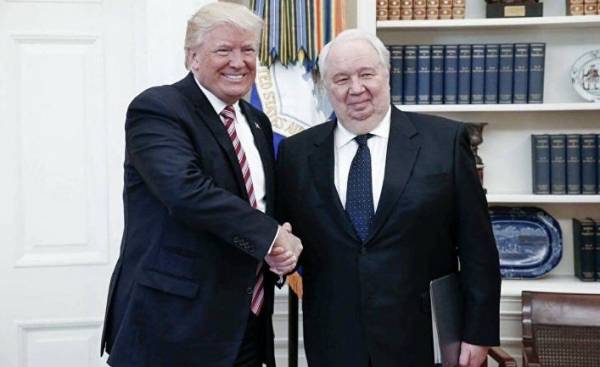 © Official Twitter feed of the Russian Embassy in the United States of Amigos Sergey Kislyak and U.S. President Donald trump. May 10, 2017
© Official Twitter feed of the Russian Embassy in the United States of Amigos Sergey Kislyak and U.S. President Donald trump. May 10, 2017
Americans often compare the Russian diplomats with “007”. In one of the articles The Washington Post said that the Russian diplomatic representatives usually appear as: a tall man of strong build with a black briefcase in his hands in a fur hat, quickly getting into a black Lincoln like he’s a key figure in important Affairs of state, arrived in the country on special assignment.
Speaking about the Russian diplomats, many Western media always put them on a par with spies. Germany in particular, as in Berlin from year to year, several Russian diplomats falls within the “list”. This year the General Prosecutor’s office of Germany has published such a list, in which 27 people suspected of espionage.
The Germans have that stereotype associated with Putin
In 1984, Putin worked as Ambassador in Dresden, when in fact he was a KGB agent. It is a fact in Germany, known to each family. Did you know that in 1971 Britain expelled 105 Soviet ambassadors, and France 50? In 1986, US 80 was expelled Russian diplomats.
Van Hai, who acted as senior adviser at the China Institute for strategic studies, told the correspondent of “huanqiu Shibao” that between diplomats and intelligence agents have a small confrontation. Diplomats bear the responsibility for the job, they should understand the situation in the country, and also to get all the information by legal means.
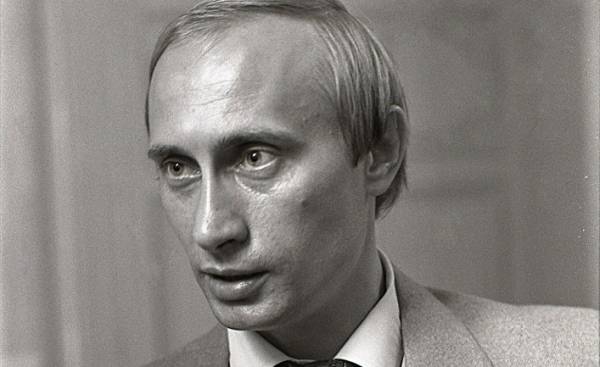 © RIA Novosti, Sergey Kompaniychenko | go to fotomonster mayor of Leningrad Vladimir Putin
© RIA Novosti, Sergey Kompaniychenko | go to fotomonster mayor of Leningrad Vladimir Putin
Russian diplomacy in exactly the same style of the Soviet era. In late February, the Russian Sputnik published an article in which a Swedish journalist describes Russian foreign Minister Sergei Lavrov. He believes that the manner of Lavrov talks — tough and uncompromising, these features scare even Hillary Clinton and many foreign colleagues. Many politicians called him “Mr. No”, comparing Russian foreign Minister Molotov and Gromyko. Molotov — known Minister of foreign Affairs, we can say, the second person after Stalin in the Soviet Union. He firmly adhered to a rigid Stalinist policies. Gromyko was Minister of foreign Affairs for almost 30 years, because of him the USSR in the UN security Council has often used the veto, so he earned the nickname “Mr. No.”
Many Russian diplomats are educated in the Soviet spirit in the famous “blacksmith of the Russian diplomats” of the University. The most famous of them Churkin, Primakov, Kislyak and others. Primakov called “the diplomat, turning the plane” after an incident in March 1999, when he flew to visit US and received a message from Vice President al Gore that NATO is going to launch a military strike on Yugoslavia, then he decided to turn around and cancel the visit.
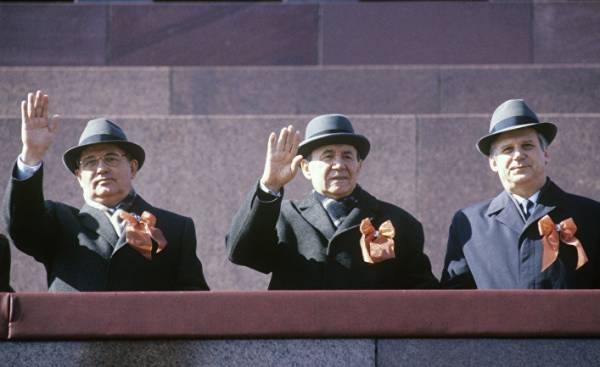 © RIA Novosti | go to fotobanka Sergeyevich Gorbachev, Andrei Gromyko and Nikolai Ivanovich Ryzhkov
© RIA Novosti | go to fotobanka Sergeyevich Gorbachev, Andrei Gromyko and Nikolai Ivanovich Ryzhkov
Despite the fact that styles of negotiating in Russia and in the USSR in many ways similar, at the moment the Russian style finds its own traits. For example, in the XVII century there were many discussions on diplomatic etiquette. At that time the papal Nuncio sat in the middle, and after him the representatives of foreign States. Once between the Russian and the French Ambassador during the meeting there was a quarrel, the Russian Ambassador walked forward, raised the French Ambassador to his place and sat down.
Experts “Chauncy, Shibao” I think that though the rules of the Russian diplomatic Protocol have some peculiarities, but they never go beyond appearances: “the Russians are not afraid to say and do, they are strong, have an opinion and are not afraid to defend it”. Van Shaowei told reporters “Chauncy, Shibao” that the Russian style of diplomacy originated in the national characteristics of the Russian people. The government has always attached great importance to diplomacy. In the days of Peter the great and Catherine the great in Russia, spoke about the importance of diplomacy more than in other countries. From Peter to the twentieth century, much has changed, the Russian diplomacy has made a huge contribution to improving the state of the status permitted a lot of debate. At a time when the USSR was considered a superpower, there was a need to strengthen the diplomatic block. This is what influenced the creation of such a strong diplomatic corps.
Gao Feng says that, since began to form norms of conduct of diplomats, the so-called diplomatic Protocol obliged tactfully to speak on various issues, to follow the rules, be polite, and Russia had already behaved differently, because the Russian is “a fighting people”, he always stands out. This is the main cause of a peculiar Russian diplomatic style.
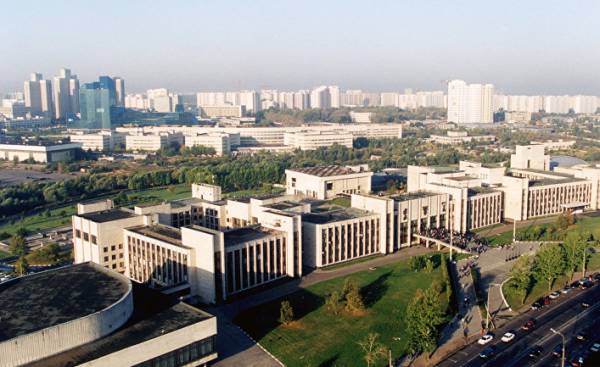 © mgimo.izdanie MGIMO in Moscow
© mgimo.izdanie MGIMO in Moscow
In the preparation of diplomats plays a major role “school”, which they pass. In Russia there are two universities, which train such specialists. One of them — the University, which is famous for its high quality of teaching foreign languages and other political, economic disciplines. Learning at University takes place according to a special mechanism to obtain specialty and learn foreign languages in a short period of time. The second University is the Diplomatic Academy, where teaching is more focused on getting the diplomatic profession.
MGIMO is rightfully called “the cradle of Russian diplomacy.” The University has trained many famous Russian ambassadors, diplomats: Lavrov (current foreign Minister), Anatoly Gromyko, Vitaly Churkin, Alisher Usmanov, and others. Journalist “Huanzhu, Shibao” in 2015, was invited to the University for scientific exchange. According to the observations of the journalist, the level of proficiency in a foreign language at the University is very high. Many students admitted to the journalist that they go to the University, then to get a job at the Ministry of foreign Affairs.
Gao FEI said that the level of training of diplomatic staff in Russia is quite high, many are from the youth work independently and in Russia, and abroad. Russian diplomacy is relatively stable. The profession of a diplomat in Russia it is considered very prestigious, usually people dedicate service life.
Van Saava said he has seen children safely playing in the snow, and their parents care nothing about their frostbite. With diplomacy the same. The mechanism of Russian diplomacy is quite hard, as the learning process. Sometimes in high school selected people suitable for service in the foreign Ministry. It happens to the diplomatic environment was not employees who would be “out of place”.
One of the main problems of the Russian diplomats is considered alcohol dependence. April 9 in Kiev, local police stopped the car of a Russian diplomat who was driving drunk. In February of that year, first Secretary of the Russian Embassy in Kyrgyzstan Pukhov, because of drunk driving, was involved in a serious accident.
Once the Deputy UN Secretary-General for political Affairs and Security Council of the UN Arkady Shevchenko in 1978, refused to return to the USSR and entered the service in the United States. The Soviet government immediately accused him of alcohol abuse and lewd behavior.
Famous Russian philosopher Berdyaev said, “the Russians Have always been discontents, unwillingness to adhere to Golden mean”. Many believe that Russian diplomacy has the same features. But we are not entitled to equal all under this definition. In the world balance of forces has undergone some changes, the concept of Russian diplomacy with the basic concept of the Soviet Union are very similar, these two concepts find a compromise, but the style, the methods are gradually changing.
The German expert on Russia, believes that the training methods of Soviet diplomats are somewhat similar to the preparation of the KGB, in an interview, he said that the method of preparation of Soviet diplomats was very reminiscent of the preparation of the KGB, now these methods are considered academic.
In recent years, Russia is demonstrating more mixed style of diplomacy. The expert believes that Russian diplomats were more likely to Express their views through social networks, trying to use soft power. This kind of mixed style of diplomacy regarded the Western media as “deception or attempt to mislead”.
